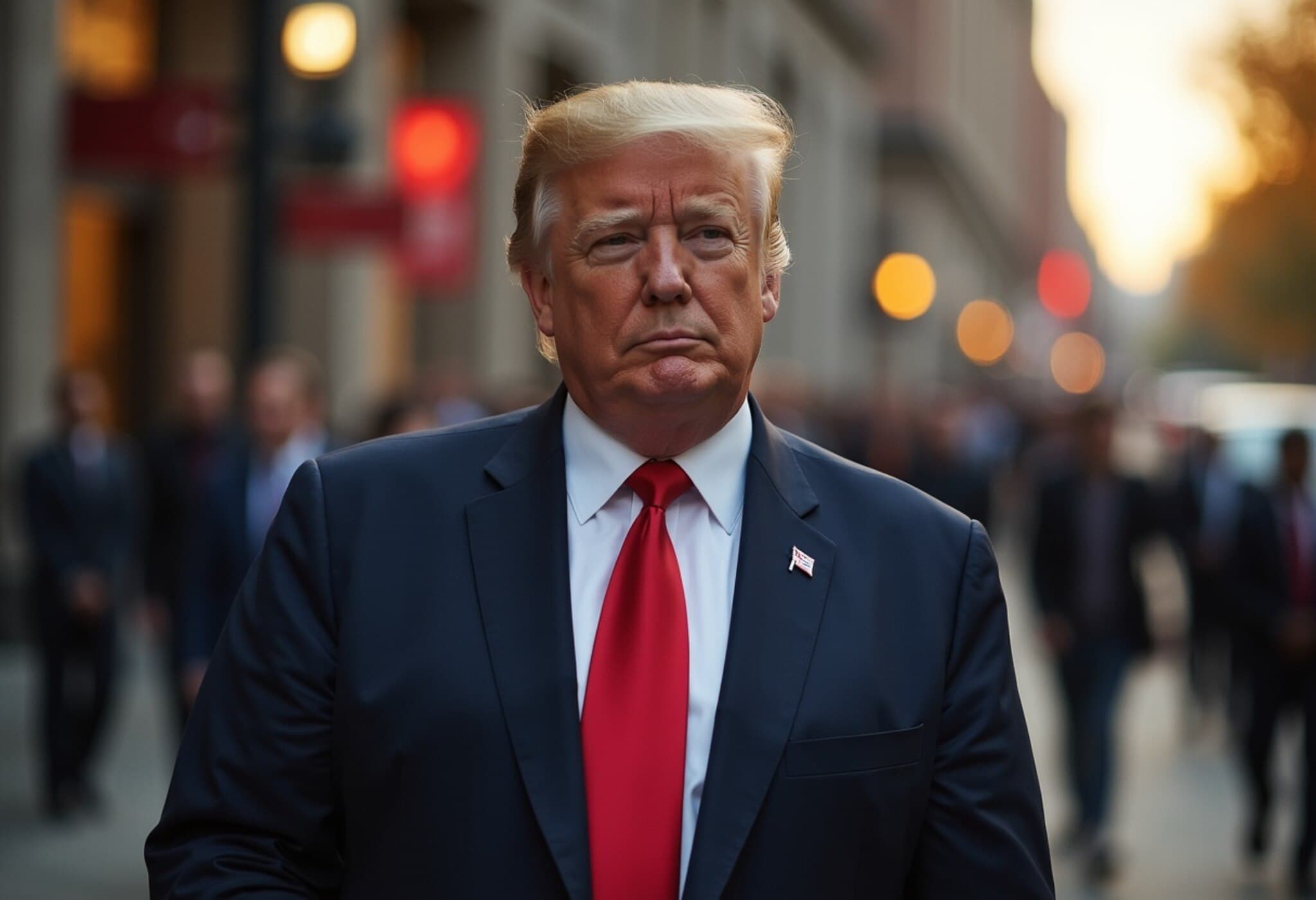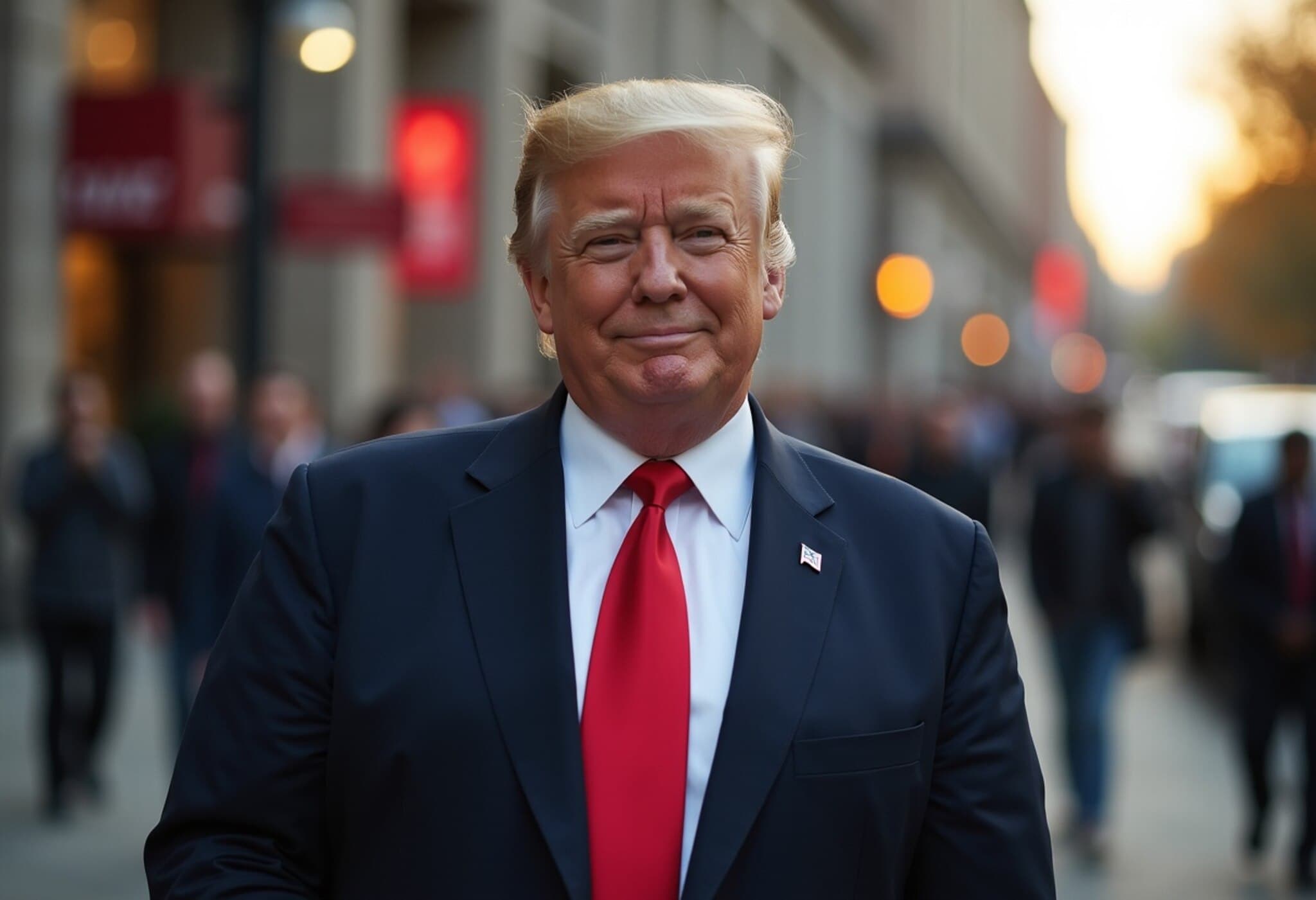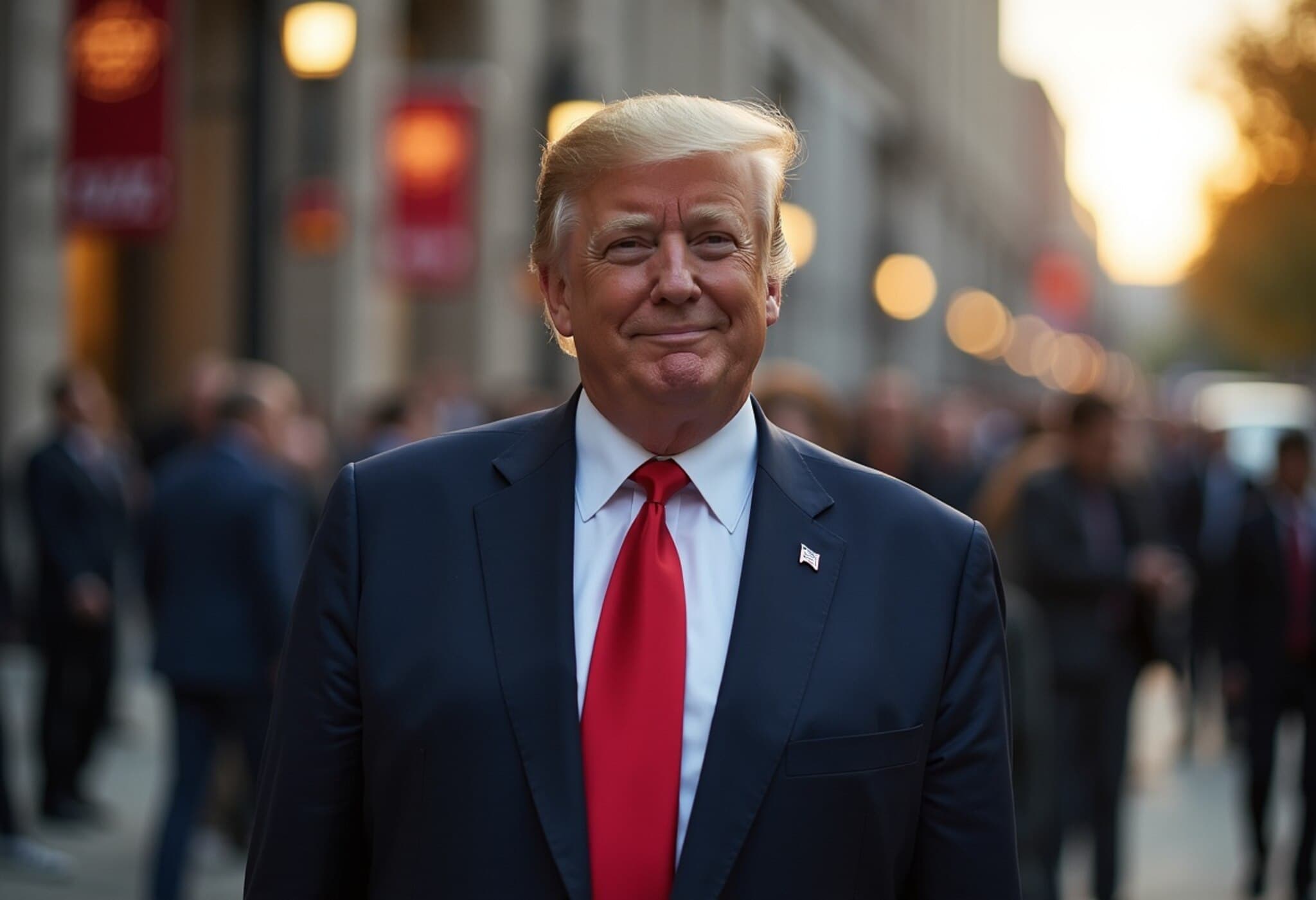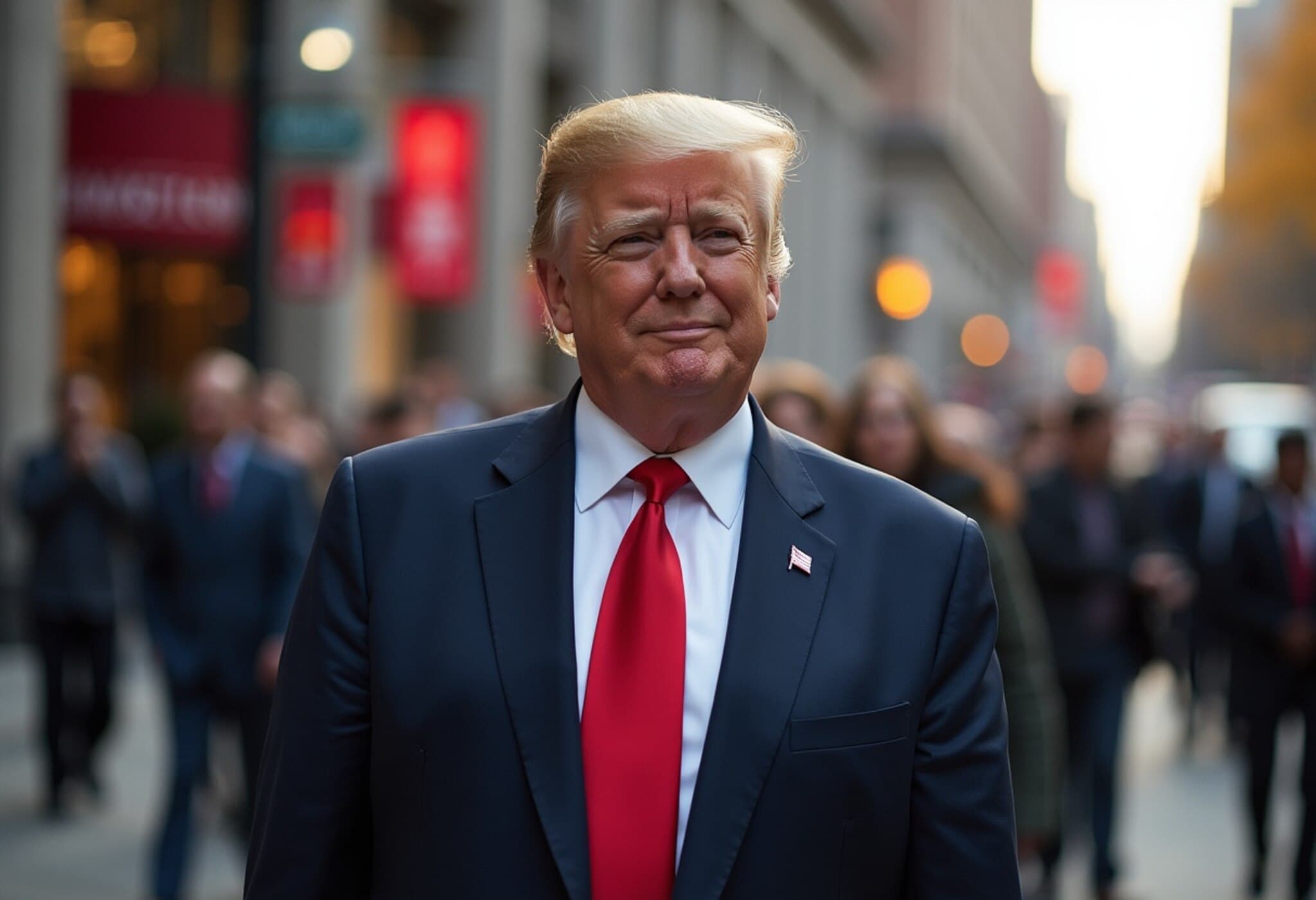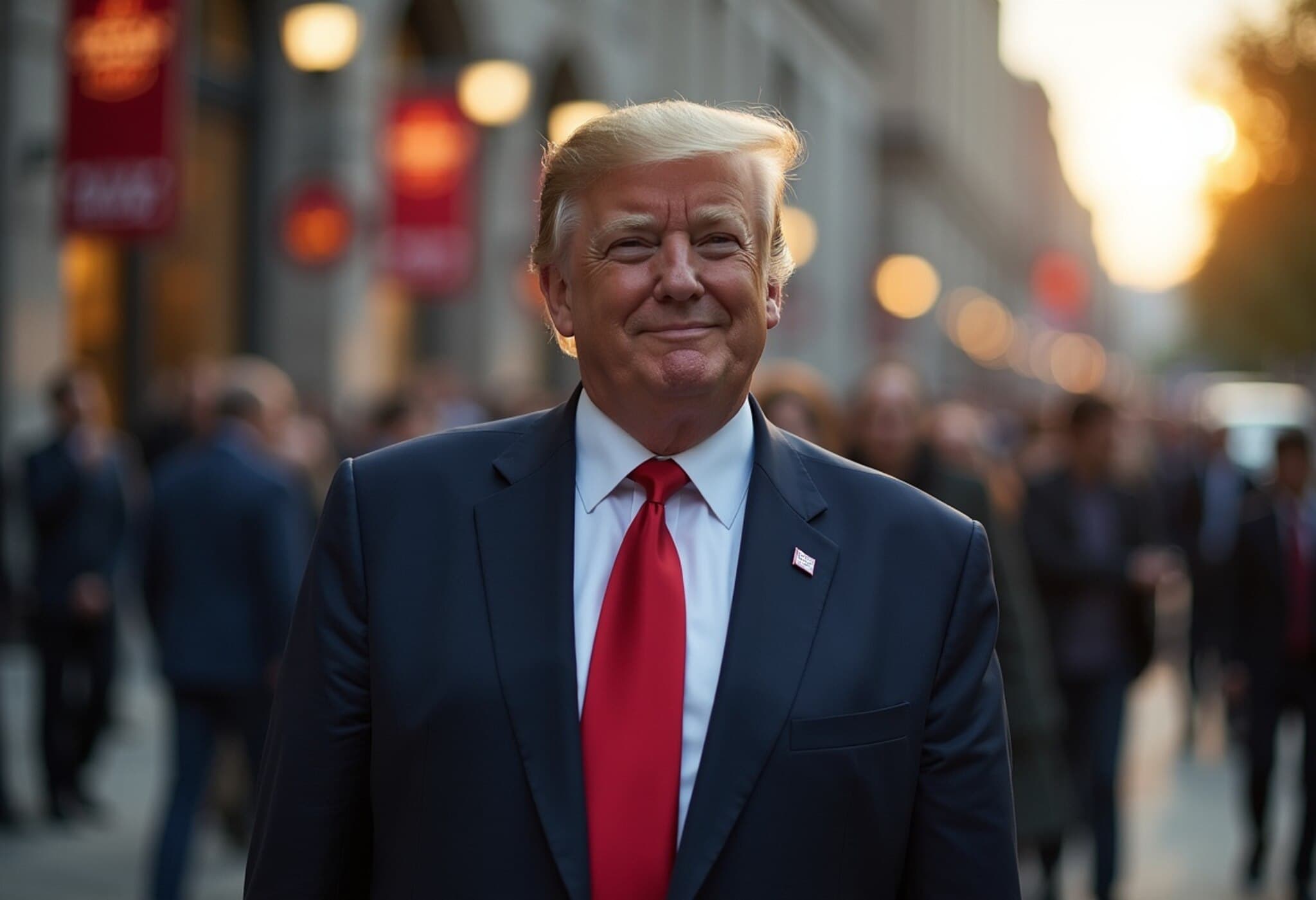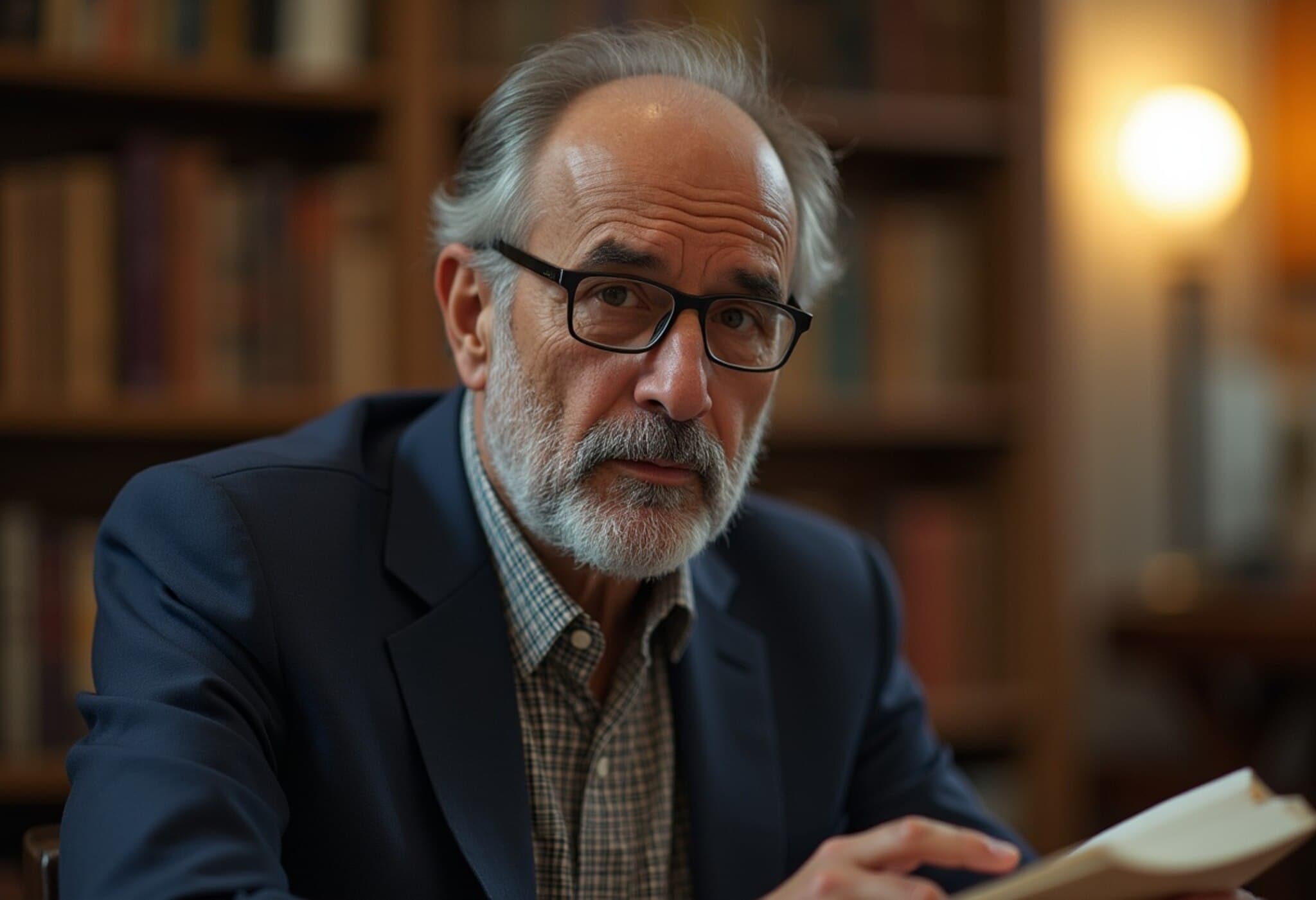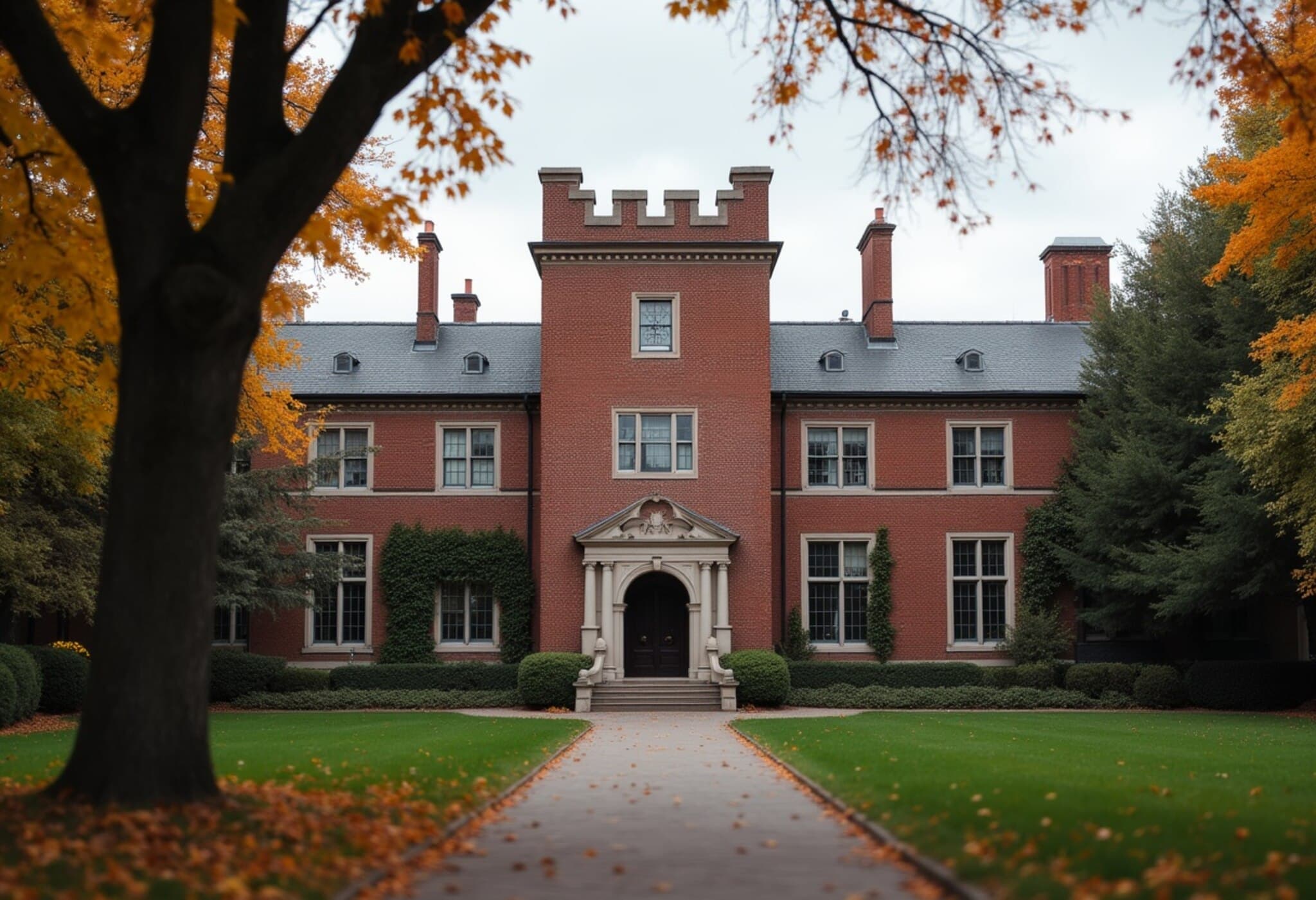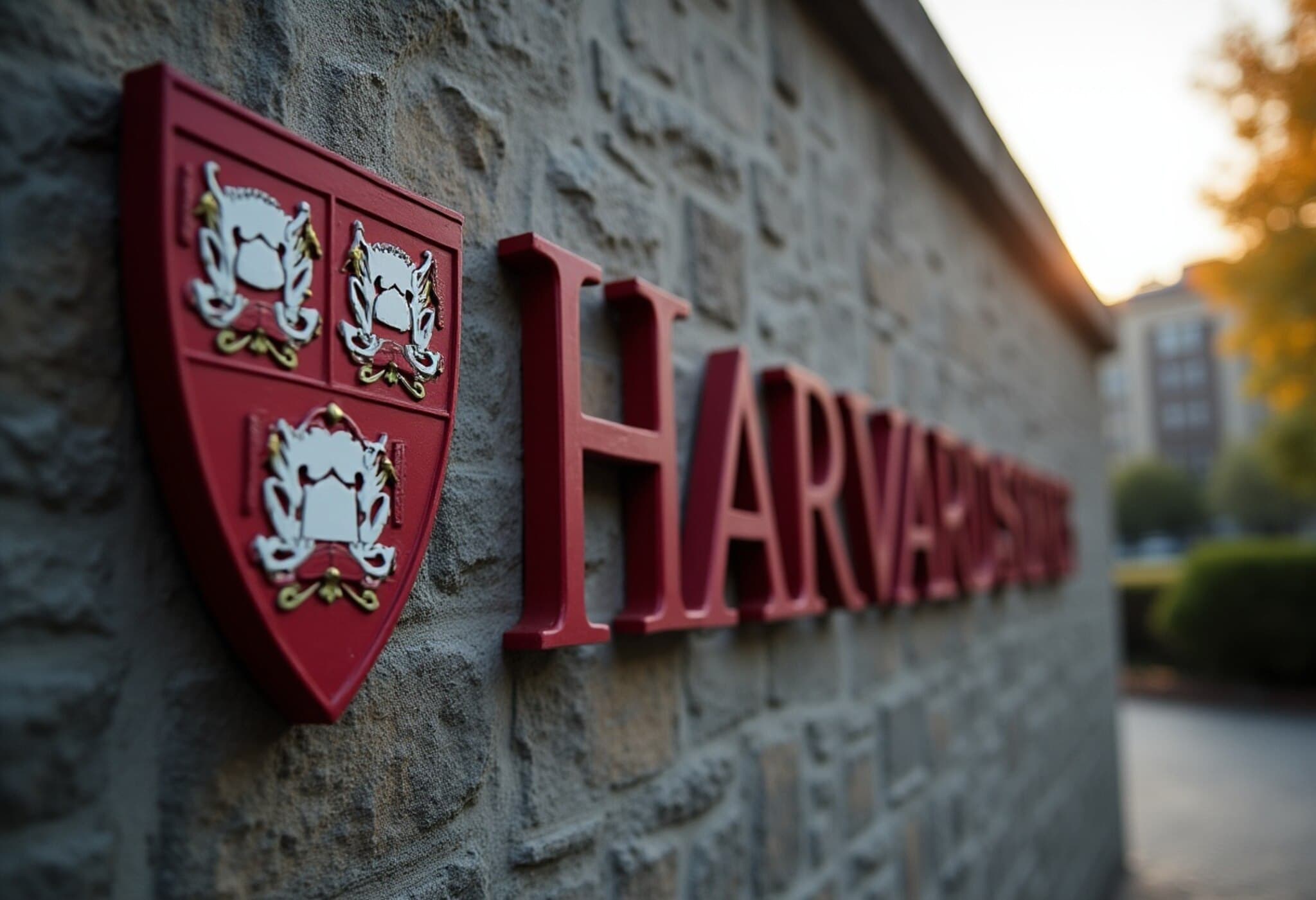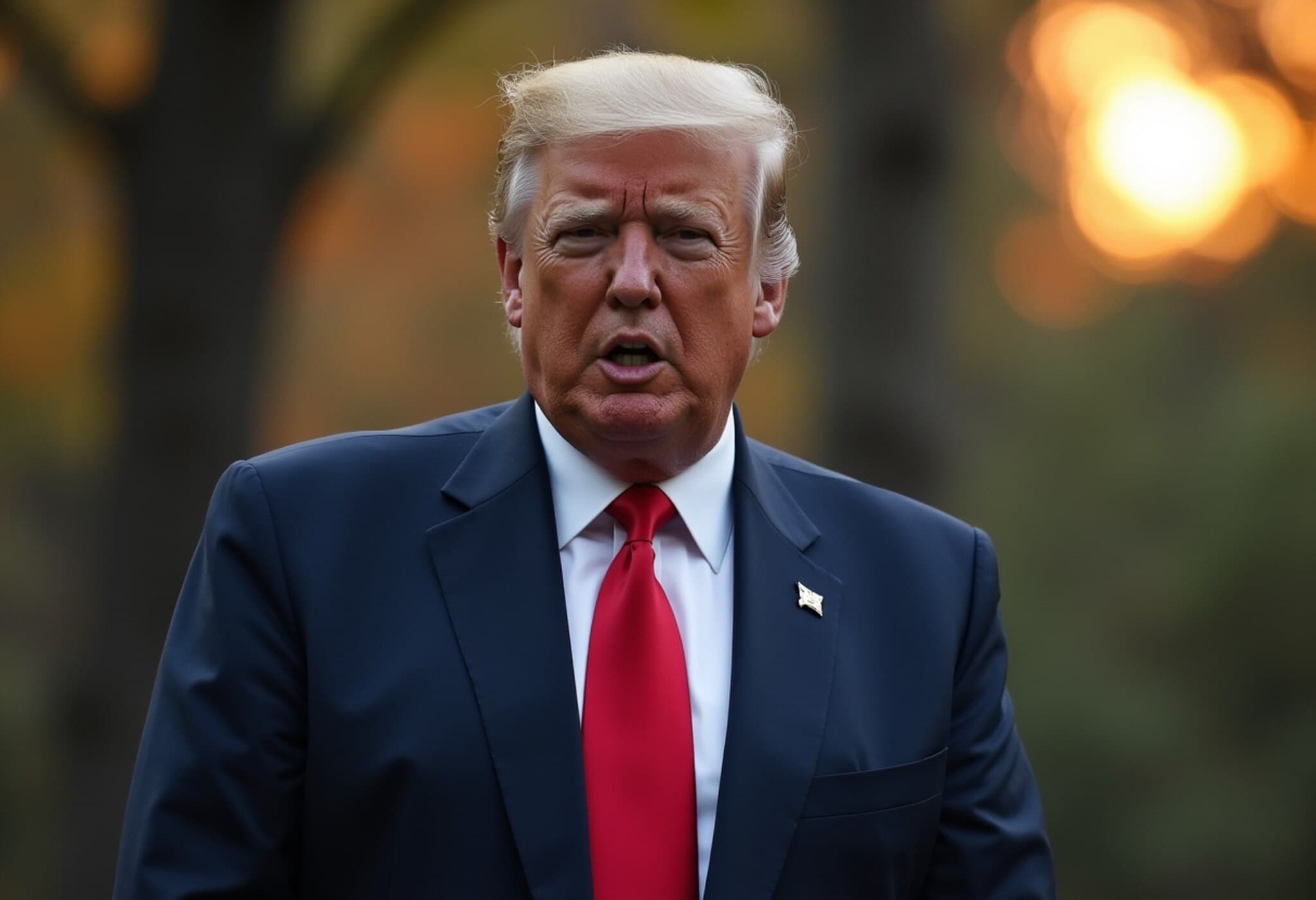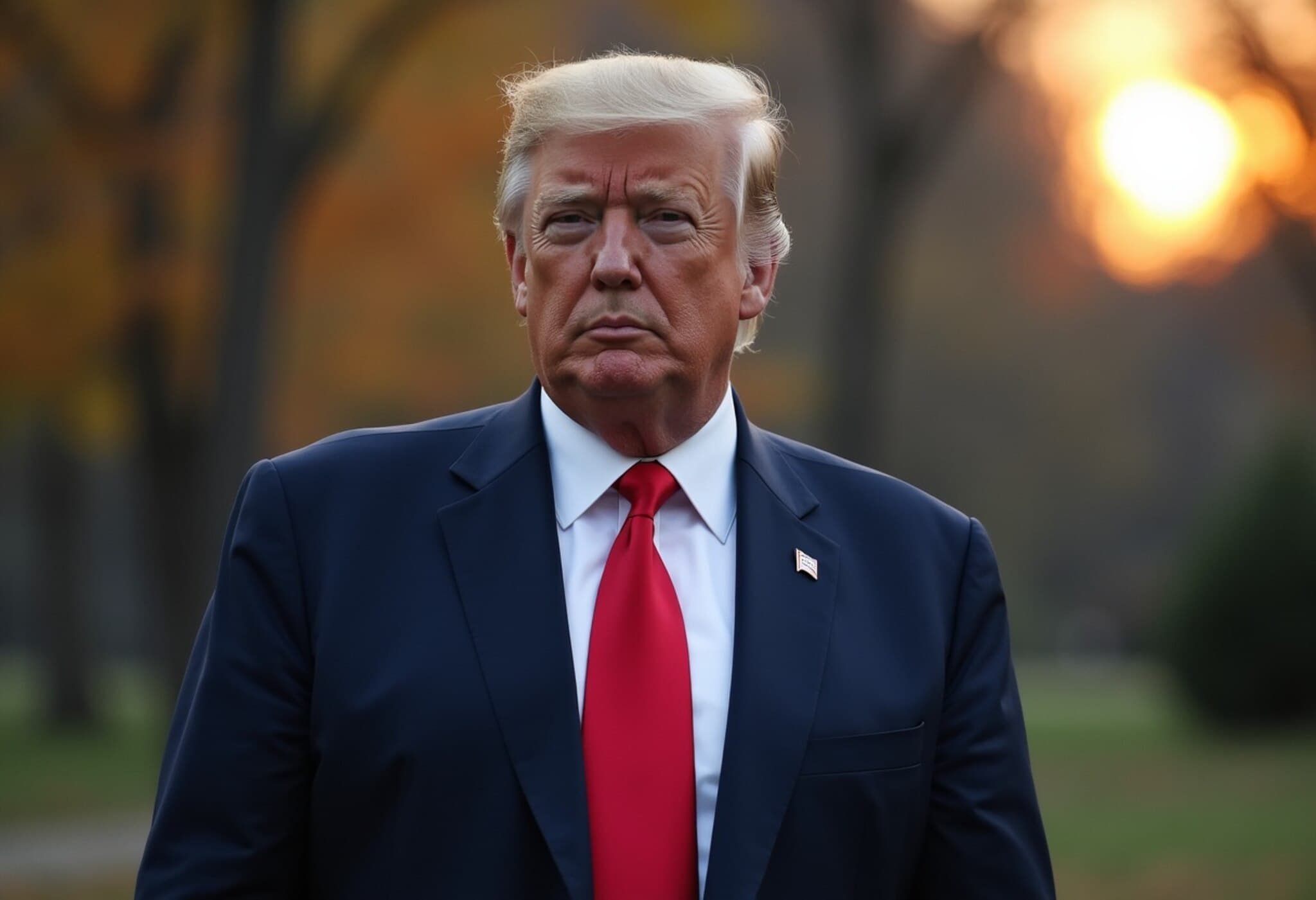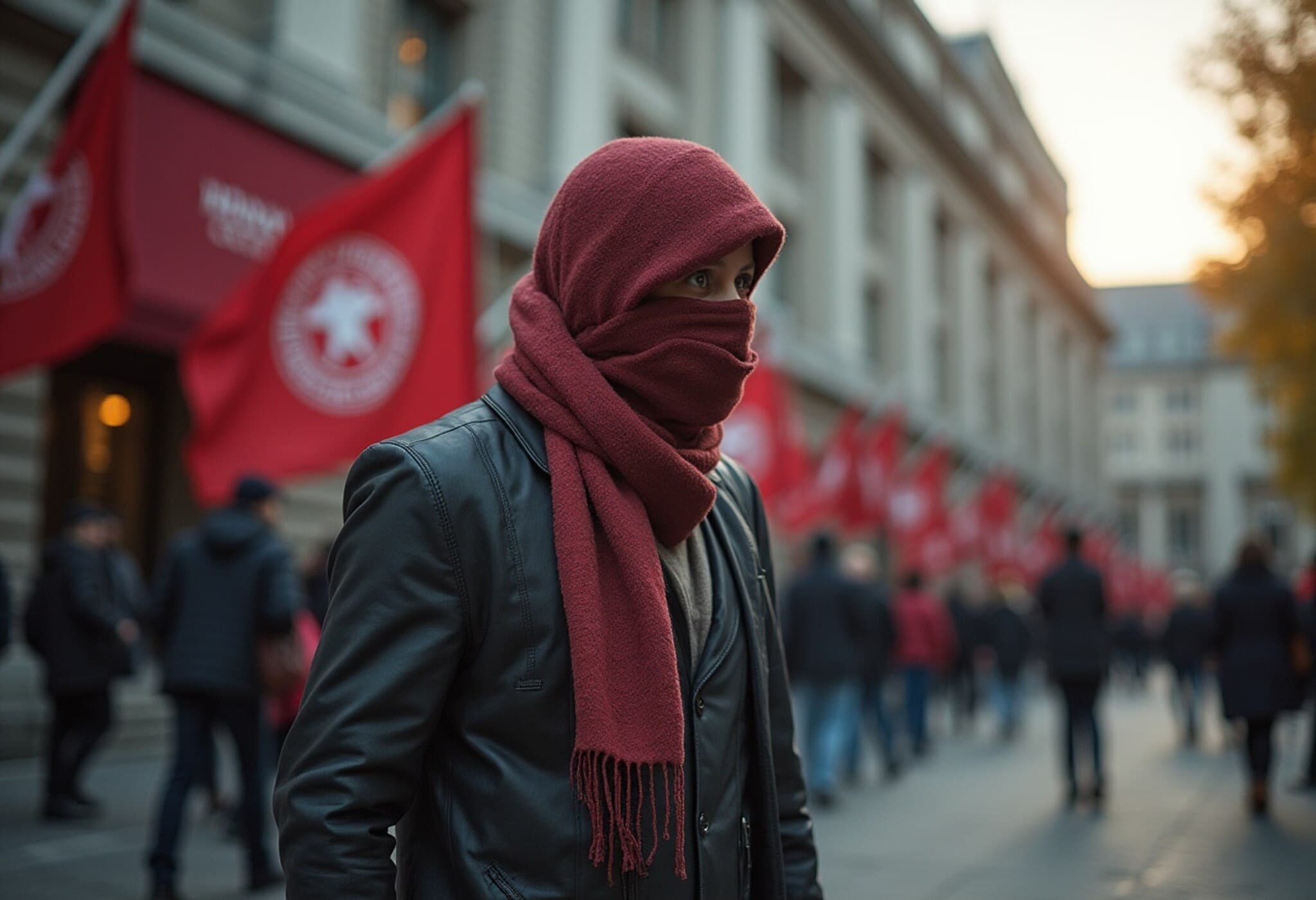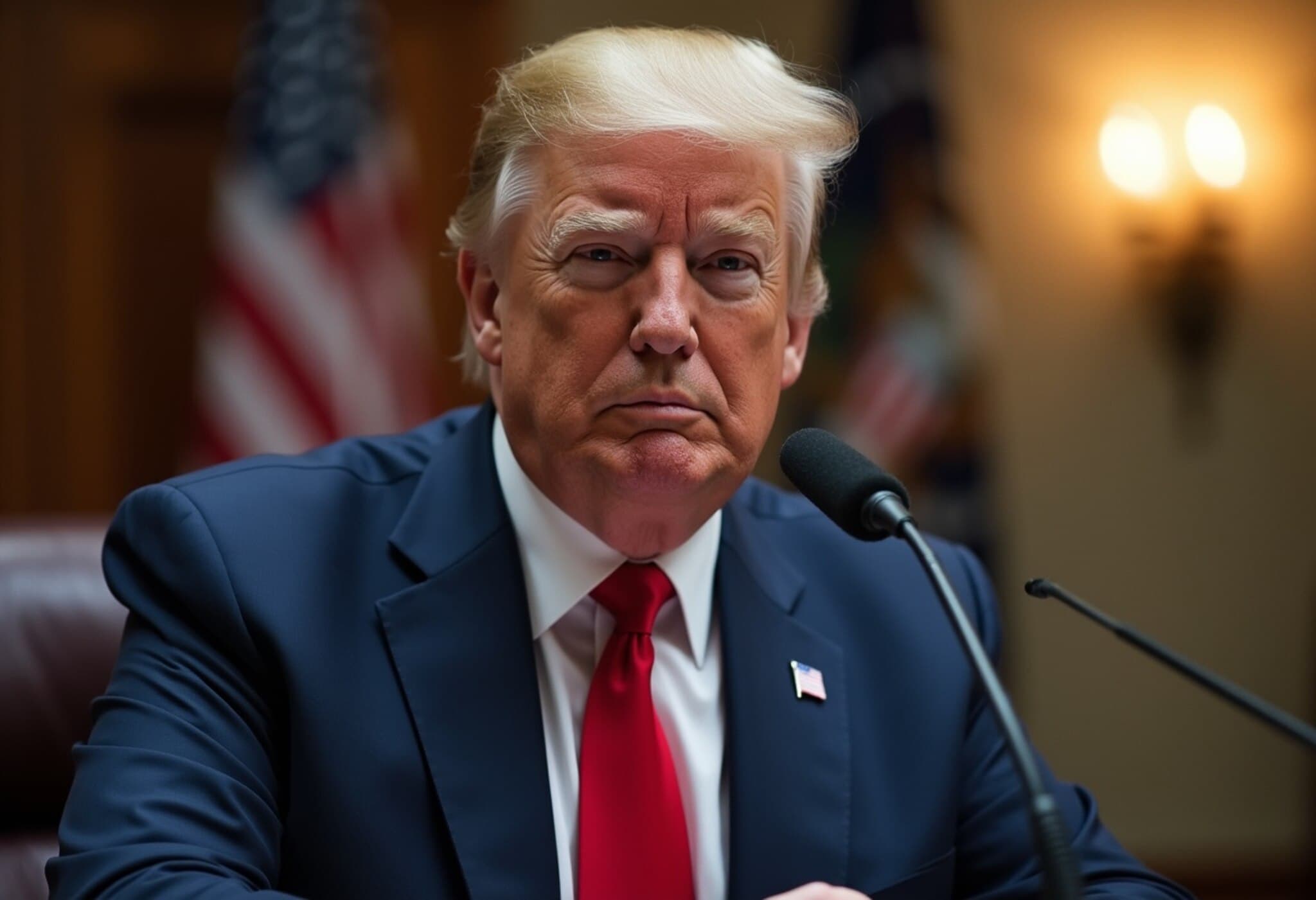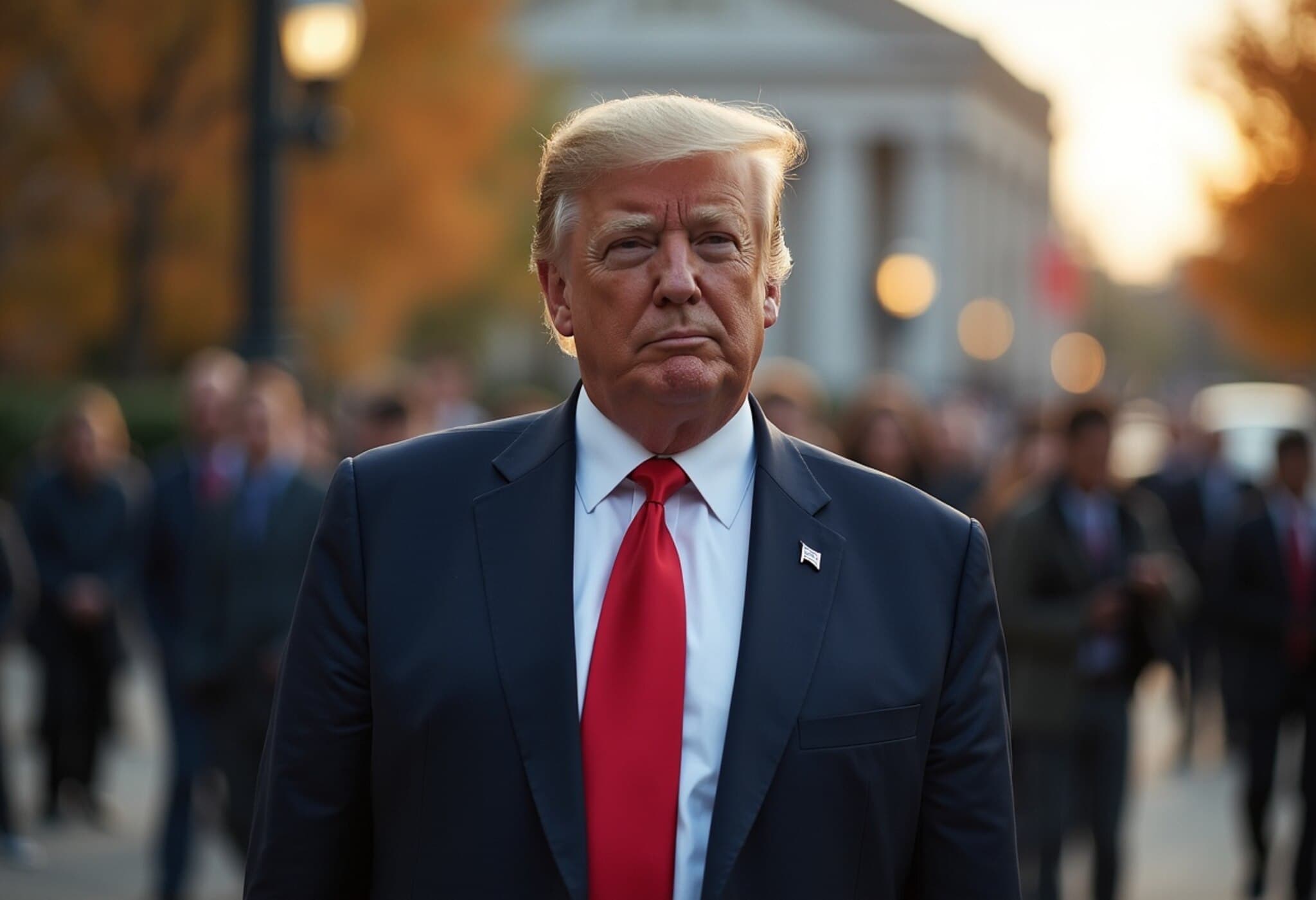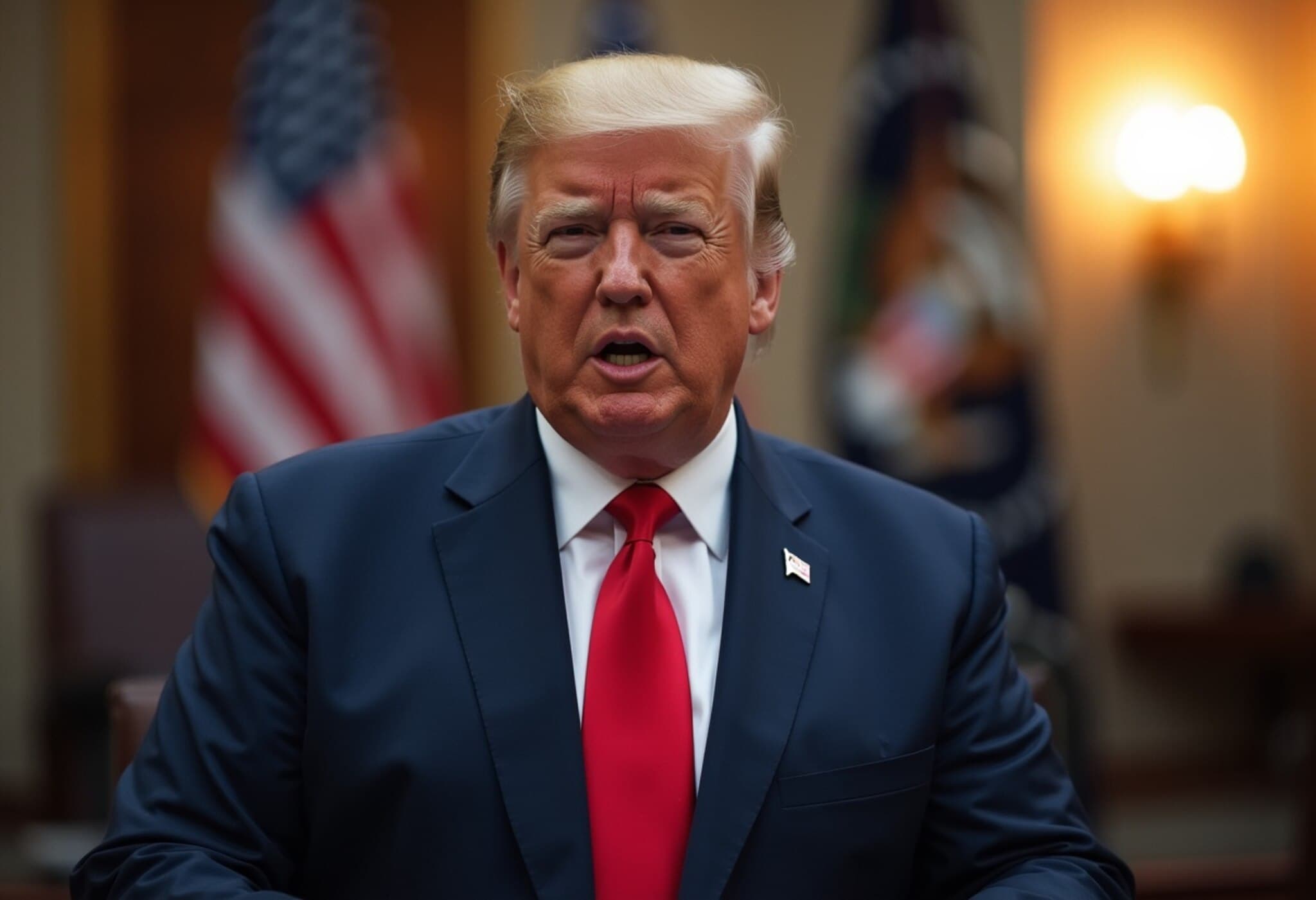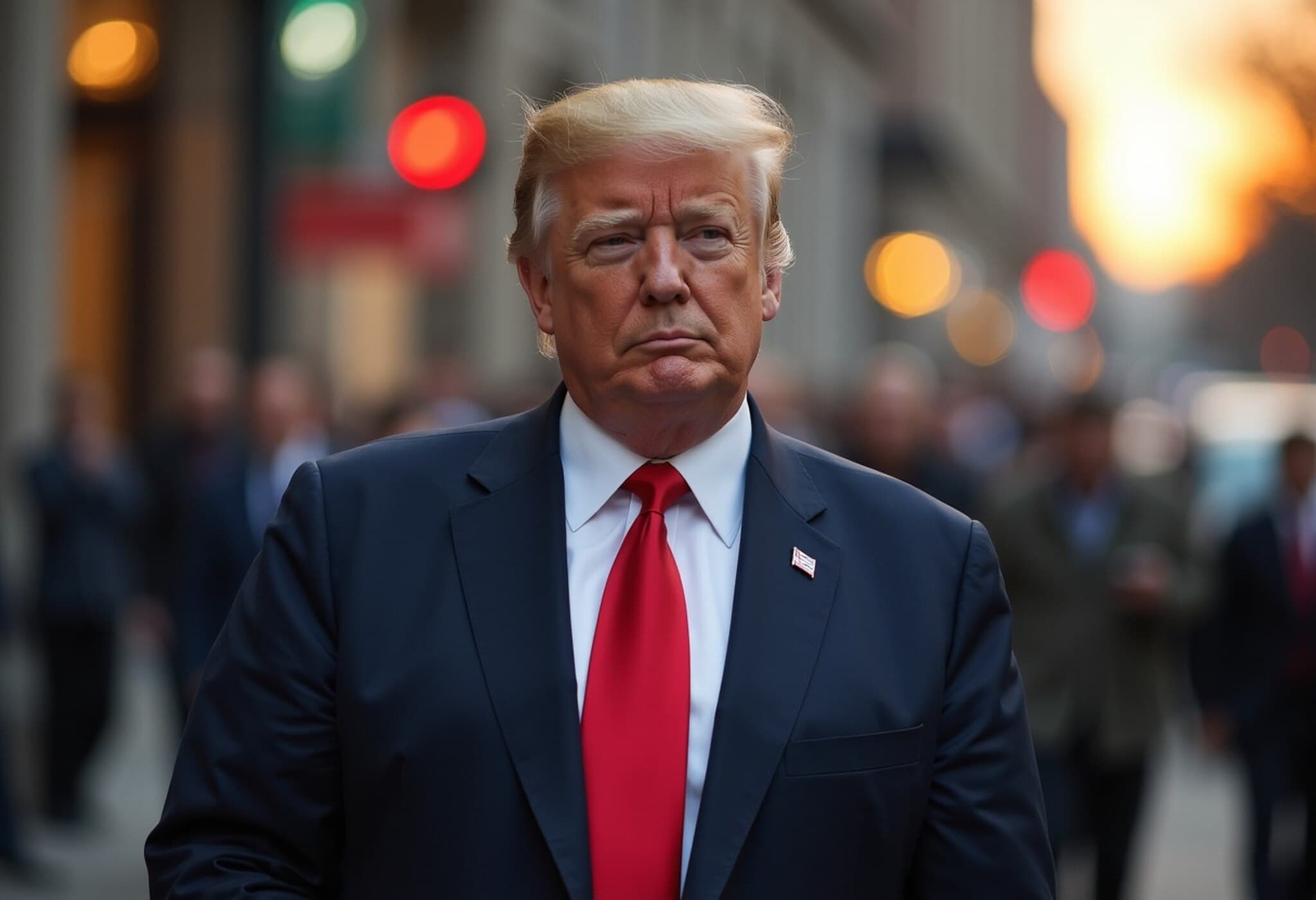Federal Judge Halts Trump Administration’s Effort to Bar International Students at Harvard
A federal court in Boston has dealt a significant setback to the Trump administration by blocking its attempt to prevent foreign nationals from enrolling at Harvard University. US District Judge Allison Burroughs issued an injunction that stops the administration’s effort to limit Harvard’s ability to host international students, escalating the legal battle between the White House and the renowned Ivy League institution.
Background: Controversy Over National Security and University Funding
The conflict began after President Trump issued a proclamation citing national security risks and concerns about foreign funding—particularly from China—to justify restrictions on foreign students attending Harvard. This proclamation prohibited new international students from entering the US to study at Harvard or participate in exchange programs for six months, and urged the Secretary of State to consider revoking the visas of currently enrolled international students.
Alongside this, the administration had frozen billions in funding to Harvard and threatened its tax-exempt status. Investigations were also launched concerning the university’s cooperation with foreign entities.
Judge Burroughs Emphasizes Constitutional Protections
Judge Burroughs extended a preliminary injunction first granted on June 5, emphasizing that the administration’s actions likely infringe upon Harvard's constitutional rights related to freedom of speech, expression, and thought under the First Amendment. She criticized the White House’s attempts to pressure the university into surrendering control over its curriculum and admissions policies, suggesting the administration's motives were politically charged.
"This case centers on fundamental constitutional liberties vital to a functioning democracy," the judge stated. "Government efforts to suppress diverse viewpoints, especially because they contradict the current administration’s stance, threaten these critical rights."
Harvard Responds and Next Steps
Harvard welcomed the ruling, noting it allows international students and scholars to continue their studies uninterrupted during ongoing litigation. The university reaffirmed its commitment to defending the rights of its community members in court. Meanwhile, the White House remained silent on the ruling.
Harvard has pursued multiple lawsuits challenging the administration’s actions, including a case contesting the freeze on nearly $2.5 billion in funding and another opposing efforts to revoke its certification to enroll foreign students.
Broader Context: Claims and Campus Climate
The Department of Homeland Security had revoked Harvard's authorization to host international students, alleging without evidence that the university fosters violence, antisemitism, and collaborates with the Chinese Communist Party. This revocation was swiftly blocked by the court.
Amid rising tensions linked to international conflicts, including protests on campuses, concerns about antisemitism and Islamophobia have intensified across US universities. Harvard itself has acknowledged widespread fear and discrimination within its community.
Conclusion
As the legal dispute unfolds, Harvard’s ability to host international students remains protected by the court’s injunction. The ruling underscores the judiciary's role in safeguarding constitutional freedoms against what it views as overreach by the executive branch. The debate over national security, foreign influence, and academic freedom at prominent US universities is poised to continue shaping policy and public discourse.

